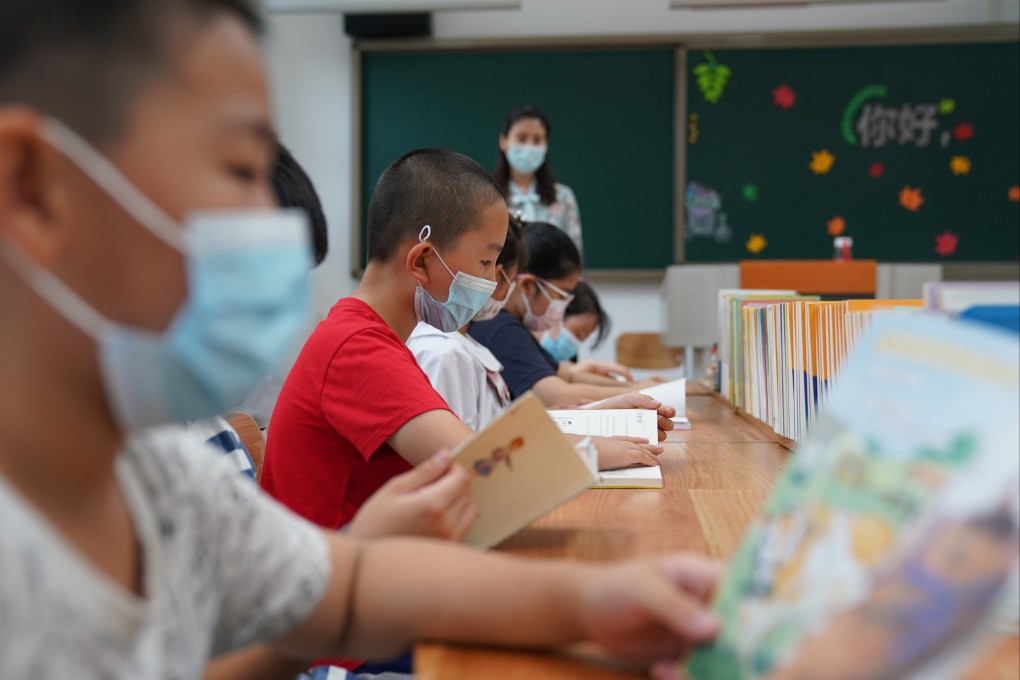Advertisement
Inside Out | Why China’s tutoring ban is one step towards ‘common prosperity’
- China is not alone in fighting the inequities in education that today afflict the US, Britain and societies all across Asia
- Xi Jinping is right to bring tutoring companies back to earth, but many more measures are needed to make the education system fair to the majority
Reading Time:4 minutes
Why you can trust SCMP
1

Whatever the yelps and outrage of international investors in New York-listed companies like New Oriental and TAL Education that have for the past decade driven explosive growth in China’s US$100 billion private tutoring sector, the cynical side of me says their crash over the past month had the smell of inevitability about it.
It was not just inevitable. It was a good thing.
China’s President Xi Jinping was not wrong to bring them back down to earth, nor to call them “a chronic disease” that needed to be purged, as part of his assault on inequality and of the “common prosperity” campaign intended to bring some relief to the country’s fretful middle classes.
Advertisement
Nor can the tutoring companies and their investors complain that they had not been clearly warned, nor that Xi Jinping has not been doggedly consistent. In 2018, in one of his speeches that would be collected in the book The Governance of China, he pointed his guns at them for adding to students’ burdens, creating hardship for their families and for undermining normal school education.
He described education as a “sector of the conscience” which “should not turn into a profit-driven industry”.
I have a sneaking suspicion that his decimation of the private tutoring sector will do little to resolve the fundamental challenges facing China’s education sector, which has become a battlefield where parents are willing to spend every last penny in the hope of giving their kids a leg up to a good university and a good job.
Advertisement
Select Voice
Select Speed
1.00x

